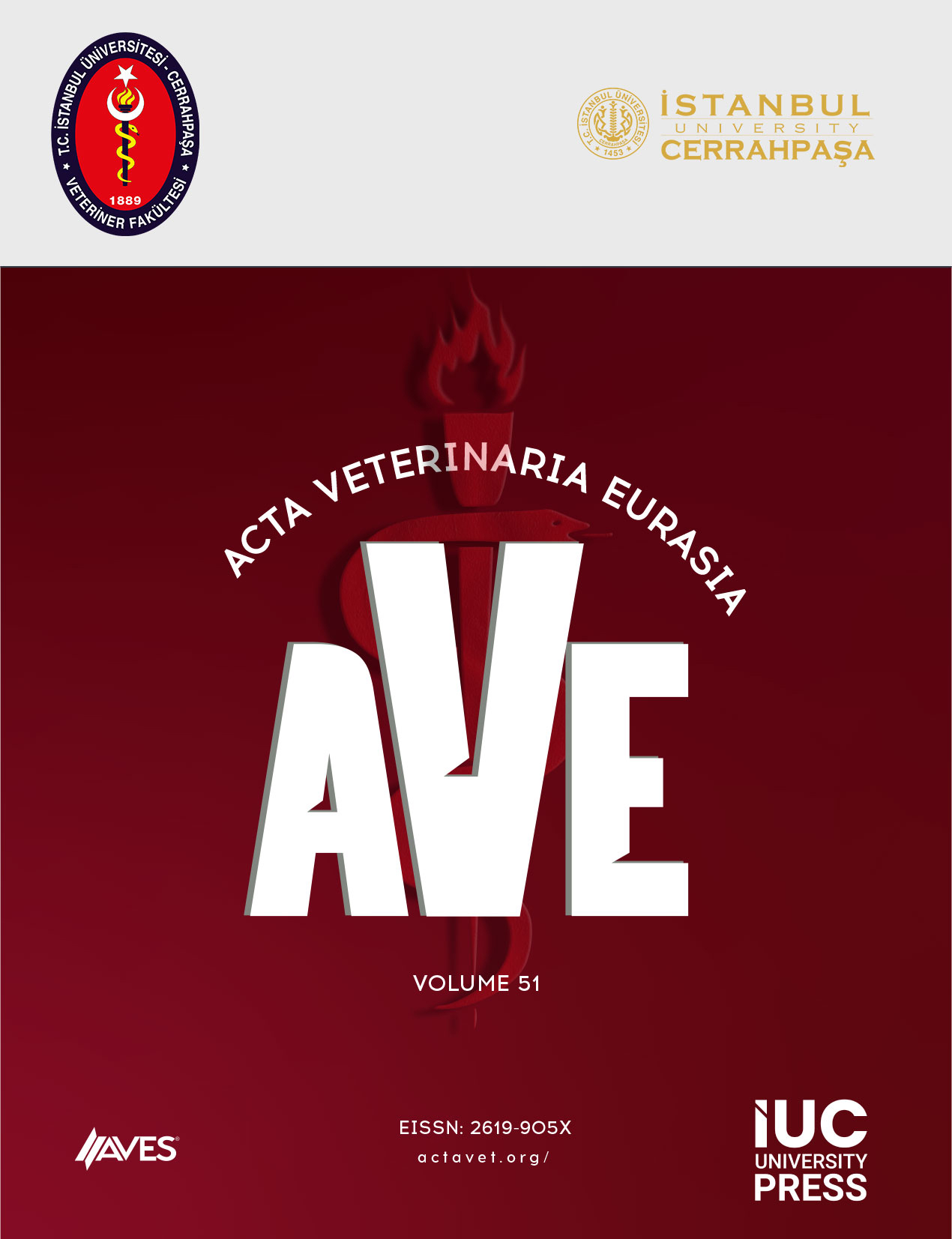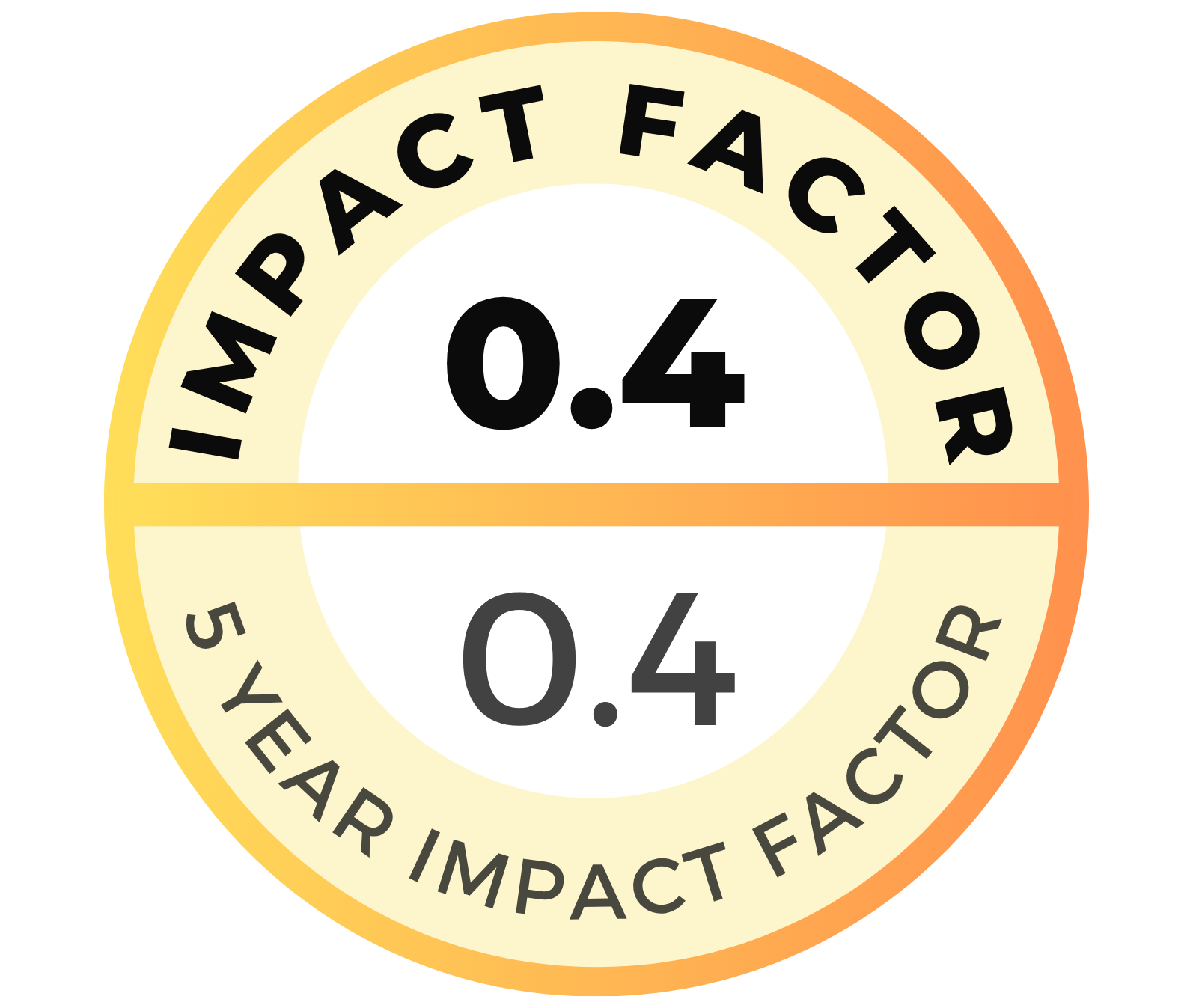Safe anaesthesia requires carefulmonitoring and good knowledge of the effects of various anaesthetic drugs ondifferent organ systems. The safest approach in the anaesthesia of criticalpatients is to select drugs whose effects are easily reversible and to takegreat care with the dosage. Deaths occurring in the perioperative period aregenerally caused due to preexisting diseases, anaesthesic drugs, surgicalinterventions, or a combination of these factors. Prolonged surgical interventions,hypothermia, fluid loss, and excessive fluid intake are also factors thatincrease patient deaths. When anaesthetizing an unwell patient, individualrequirements are evaluated. Therefore, it is not possible to present a singleoverall anaesthesia protocol applicable to all patients. There is a series ofprinciples for the administration of anaesthesia to high-risk patients. Thisreview discusses anesthesia administrations required for both diagnostic andsurgical interventions in trauma patients and unwell patients. The risk factorsand the various complications that may be encountered by clinicians whileperforming sedation and anaesthesia in such patients and their treatmentmethods have been explained in detail.





.png)